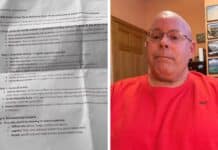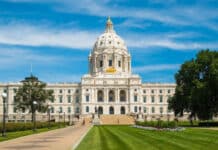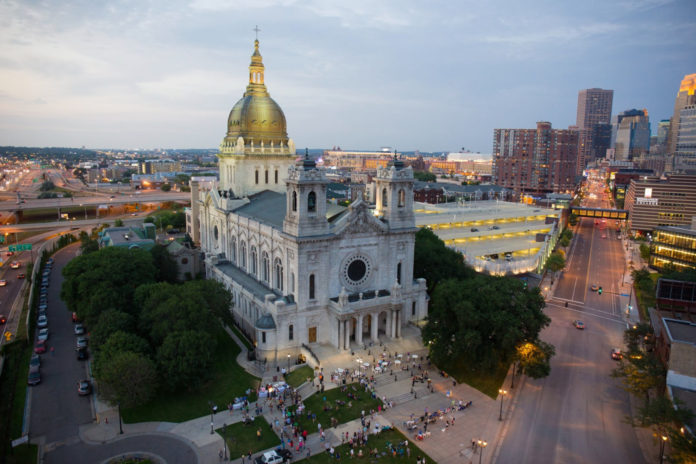A Republican representative introduced a bill last week to provide legal protections to churches during states of emergency.
Under HF 2422, authored by Rep. Eric Lucero, R-Dayton, health boards, whether at the state or local level, would not be allowed to impose restrictions upon religious organizations during a declared emergency.
Lucero’s bill would supersede “any statute that infringes upon the free exercise of religion.”
In a statement to Alpha News, Lucero said that Gov. Tim Walz “blatantly violated the plain meaning of both the U.S. and Minnesota Constitutions when he deemed religious worship non-essential, capping the maximum number of worshipers in a church at 10 people.”
The free exercise of religion is protected by the U.S. Constitution, while the Minnesota Constitution guarantees that “the right of every man to worship God according to the dictates of his own conscience shall never be infringed,” Lucero noted in a statement.
While the governor restricted worship, he allowed Planned Parenthood and liquor stores to remain open, Lucero said.
Under Lucero’s bill, health boards would not be able to impose restrictions like occupancy limits and other health and safety requirements that create “substantial burdens” for the religious organization or church. Unless a health board can prove that a specific measure “is essential to further a compelling health or safety interest,” it would not be able to enforce that regulation.
However, in the case of a state or federal law that is applicable to all organizations and businesses, health boards would be allowed to enforce religious organizations’ compliance.
Lucero undertook the task of writing this bill “to make it very clear that control-hungry individuals like Gov. Tim Walz and his agency commissioners shall not prohibit or limit a religious organization from continuing to operate or engage in religious services during a disaster emergency.”
Lucero told Alpha news that his bill “removes qualified immunity and liability protection from those in government who seek to suppress our God-given right to religious liberty.”
Any organization that considers itself religious would be protected from discriminatory actions under this bill.











